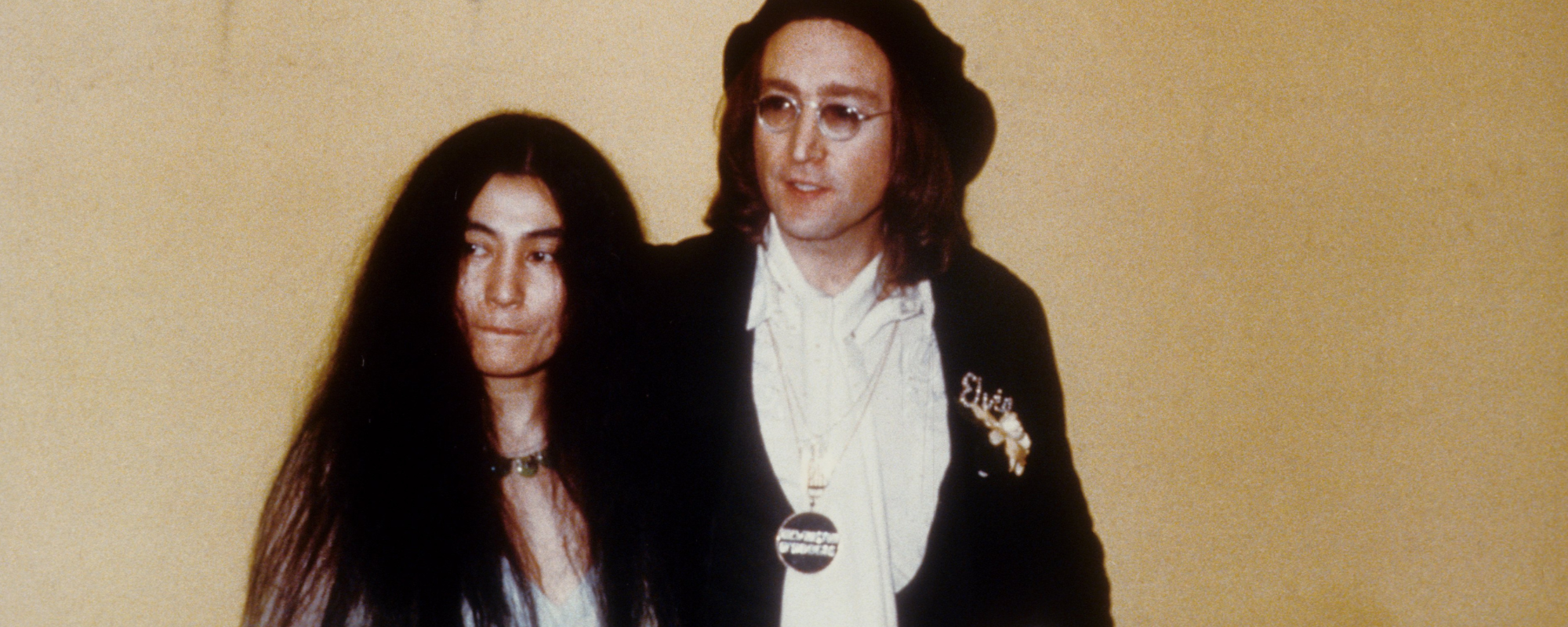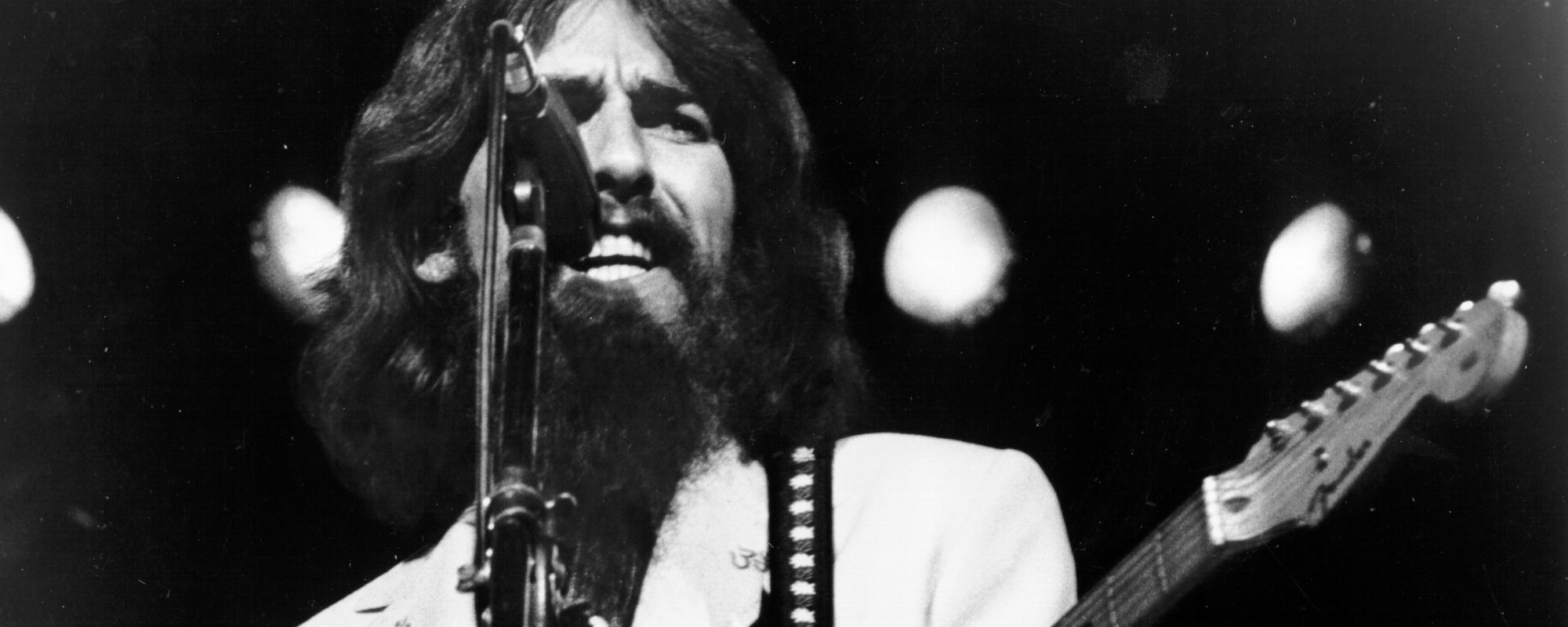Very few albums manage to define both a genre and the setting of their creation. Jackson Browne‘s Late for the Sky qualifies for that short list. It gave all singer/songwriters a standard of excellence to try and match. And its sound and lyrics managed to capture both the decadence and sadness of the Southern California scene in 1974, the year it was released.
Videos by American Songwriter
What inspired Browne when he conceived and wrote this record? And what makes it so special? Let’s take a deep dive into Late for the Sky.
Running Late
Browne was writing songs for top rock and pop artists in his teens. Perhaps that’s why his 1972 self-titled debut album, released when he was 23, sounded like the work of an accomplished veteran. He scored a Top Ten single off that record in “Doctor My Eyes,” but his 1973 follow-up For Everyman didn’t scale the same commercial heights, even as it included songs like “Take It Easy” and “These Days,” which had been hits for others.
As a result, Asylum Records chief David Geffen put a stricter limit on the budget for his third album. Browne used what budget he was given to pay for his band to come out and rehearse the new album. Browne, keyboardist Jai Winding, and multi-instrumentalist David Lindley experimented with who would be playing what instrument on each particular song, until the arrangements perfectly captured the emotional tenor off the lyrics.
Browne wrote the album while living in his childhood home with his wife and baby boy, which, as he explained in an interview with the Library of Congress about Late for the Sky, made a profound impact on the material:
“And there was that idea in my mind that I was in repeating, you know, repeating a cycle. That
my father had been a child in that house—my father was a child when the house was built. So I
had that idea of the recurring, the generational, repeating generations.”
The Finished Product
There are only eight songs on Late for the Sky, but five run longer than five minutes. Browne wasn’t worried about song structure as much as evoking certain feelings. You can hear it in song like “Fountain of Sorrow,” where he repeats the same musical line with different lyrics over and over toward song’s end, building the moment until the emotional release of the line But you go on smiling so clear and so bright.
Browne fearlessly tackled concerns on the album that many members of his generation were facing down as well. “For a Dancer” stands as one of the finest songs about dealing with death because of how Browne admits his powerlessness—he doesn’t really have any answers about dying. But that, in turn, gives him a clue about how to live.
Closing track “Before the Deluge” tells a cautionary tale about what could happen to the world if humanity continues to neglect environmental issues and the dangers of war. Browne envisions foolish mortals thinking that they can avoid the coming flood, eventually huddling under shelter as they seek to survive. Lindley sends these poor souls off in a flurry of ironically joyful fiddle playing.
The title track finds Browne writing about an expiring relationship with stunning eloquence: Awake again, I can’t pretend / And I know I’m alone / And close to the end of the feeling we’ve known. Many inherently understood the song’s phrase empty surprise, a common reaction to the broken promises of lovers, parents, and politicians. They knew well the ache in Browne’s voice as he moaned the song’s elongated syllables.
Life Imitates Art
While in the midst of writing and recording his next album (The Pretender in 1976), Browne’s wife took her own life. When reflecting on Late for the Sky, he talked about the way the songs connected to his life:
“I mean, it’s interesting to me. That I could be in that house writing a song, “Late for the Sky,”
and it’s about somebody that I broke up, that I had a breakup with, that I had a deep relationship
with, that I was no longer with and still healing from and still getting over. So, you’re with
somebody new, but you’re writing about somebody in the past and that has happened to me over
and over again. And it happened with her. I was with her, my wife, when I was writing “For a
Dancer.” But that song wasn’t about her, but it became about her because she died.”
Maybe it boils down to the way the songs on Late for the Sky touch on our eternal, insatiable longing, rendering them understandable and relatable across generations. That’s likely why people keep coming back to this Jackson Browne masterpiece after all these years.
When you purchase through links on our site, we may earn an affiliate commission.
Photo by Michael Tran/Getty Images












Leave a Reply
Only members can comment. Become a member. Already a member? Log in.